Crypto for Beginners: Understanding Cryptocurrencies & Exchanges
Cryptocurrency has rapidly become a significant part of the financial world. This guide simplifies the core concepts of cryptocurrencies, helping beginners understand this new digital frontier.
What is Cryptocurrency?
Cryptocurrency is a digital form of money that operates on decentralized networks. Unlike traditional currencies controlled by central banks, cryptocurrencies rely on blockchain technology. A blockchain is a public ledger where all transactions are recorded and verified by a network of computers, ensuring transparency and security. Bitcoin, the most famous cryptocurrency, was created in 2009, sparking the development of thousands of other cryptocurrencies.
Blockchain Basics
A blockchain is a digital ledger distributed across many computers, making it decentralized and immutable. Each transaction is grouped into a block, which is then added to a chain of previous transactions. This system ensures that once a block is added, it cannot be altered, providing a transparent and secure way to track the ownership and transfer of cryptocurrencies. The decentralized nature of blockchains eliminates the need for intermediaries like banks, enabling peer-to-peer transactions.
How Cryptocurrency Gains Value
Cryptocurrencies gain value through various factors:
- Scarcity: Many cryptocurrencies, like Bitcoin, have a capped supply. The limited availability creates scarcity, which can drive up value as demand increases.
- Utility: A cryptocurrency’s value often depends on its use case. For example, Ethereum’s value is tied to its ability to facilitate smart contracts and decentralized applications (dApps) on its blockchain.
- Adoption: As more people and businesses start accepting and using a cryptocurrency, its value can increase.
- Market Sentiment: The overall perception and sentiment in the market can significantly impact a cryptocurrency's value. Positive news, technological advancements, or endorsements by influential figures can boost prices.
Crypto Mining and Staking
Cryptocurrencies are validated and added to the blockchain through processes like mining and staking:
- Mining: Involves solving complex mathematical problems to validate transactions and add them to the blockchain. Miners are rewarded with new coins for their efforts. This process, known as proof-of-work, requires significant computational power and energy.
- Staking: An alternative to mining, staking involves holding and locking up a certain amount of cryptocurrency to validate transactions. Participants in proof-of-stake systems are chosen to validate blocks based on the number of coins they hold. Stakers earn rewards in the form of additional coins.
Understanding Stablecoins
Stablecoins are cryptocurrencies designed to maintain a stable value by being pegged to a reserve of assets, often fiat currencies like the U.S. dollar. They offer a middle ground between the volatility of traditional cryptocurrencies and the stability of fiat money. Stablecoins are widely used in trading and as a medium of exchange within the crypto ecosystem because they reduce the risk of price fluctuations.
What Are Cryptocurrency Exchanges?
Cryptocurrency exchanges are platforms where users can buy, sell, and trade digital currencies. They provide the tools necessary for trading, including market data, charts, and different types of orders. Popular exchanges like Coinbase, Binance, and Kraken cater to both beginners and advanced traders.
- Centralized Exchanges (CEX): Centralized exchanges are platforms managed by a central authority or company. They offer a user-friendly experience with features like high liquidity, advanced trading tools, and customer support. Examples include Coinbase, Binance, and Kraken. These exchanges typically require users to go through identity verification processes (KYC) and hold the custody of users' funds.
- Decentralized Exchanges (DEX): Decentralized exchanges operate without a central authority, allowing users to trade cryptocurrencies directly with each other through smart contracts. DEXs prioritize privacy and security by enabling peer-to-peer transactions without the need for intermediaries. They don't require KYC, and users maintain control over their funds. A notable example of a DEX is Uniswap. Additionally, platforms like the GraphLinq Hub provide tools to automate and monitor activities across various DEXs, enhancing user experience and trading efficiency on these decentralized platforms.
- Fiat-to-Crypto Exchanges: These platforms allow users to purchase cryptocurrencies using traditional money like dollars or euros. They are typically the entry point for new users who want to convert their fiat currency into digital assets.
- Crypto-to-Crypto Exchanges: These exchanges enable users to trade one type of cryptocurrency for another, often without the need to first convert to fiat currency. This is ideal for more experienced traders looking to diversify their portfolios or take advantage of market opportunities.
Choosing a Cryptocurrency Exchange
When selecting a cryptocurrency exchange, consider the following factors:
- Security: Look for exchanges with a strong track record of protecting user funds. Features like two-factor authentication (2FA), cold storage of assets, and insurance against breaches are important.
- Fees: Different exchanges have varying fee structures, often based on the volume of trading or the method of payment. Understanding these fees is crucial for cost-effective trading.
- Ease of Use: For beginners, an exchange with a user-friendly interface is essential. Look for platforms that offer tutorials, responsive customer support, and a straightforward trading experience.
- Supported Cryptocurrencies: Ensure the exchange supports the cryptocurrencies you’re interested in trading. Some exchanges offer a broad range of coins, while others focus on a select few.
Understanding Cryptocurrency Wallets
A cryptocurrency wallet doesn’t store the actual coins but instead holds the keys needed to access your funds on the blockchain. There are different types of wallets, each offering varying levels of security and convenience:
- Hardware Wallets: Physical devices that store your private keys offline, making them immune to hacking. They are considered the most secure option for storing large amounts of cryptocurrency.
- Software Wallets: Digital wallets that store your keys online or on your device. While more convenient, they are also more vulnerable to online threats.
- Paper Wallets: A physical document containing your private keys. While highly secure, they can be lost or damaged, making them less practical for everyday use.
Security Risks and How to Mitigate Them
While blockchain technology is secure, the broader cryptocurrency ecosystem is not without risks. Here are some common threats and how to protect yourself:
- Hacking: Exchanges and software wallets are frequent targets for hackers. Use strong passwords, enable two-factor authentication, and consider using hardware wallets for large amounts of cryptocurrency.
- Phishing Scams: Be wary of unsolicited communications that ask for your private keys or personal information. Always double-check URLs and use official channels to access exchanges and wallets.
- Market Volatility: The value of cryptocurrencies can change rapidly. Diversify your investments and only invest what you can afford to lose.
Final Thoughts on Cryptocurrency
Cryptocurrency represents a significant shift in the way we think about money and finance. While it’s still a relatively new technology, its potential for reshaping global markets is enormous. Whether you're interested in investing, trading, or simply understanding this new digital asset class, getting familiar with the basics of blockchain, mining, staking, and the use of exchanges and wallets is essential.
By educating yourself on these foundational principles, you can navigate the cryptocurrency landscape with greater confidence and make informed decisions that align with your financial goals. Approach this volatile market with caution, and consider seeking advice from financial professionals if needed.


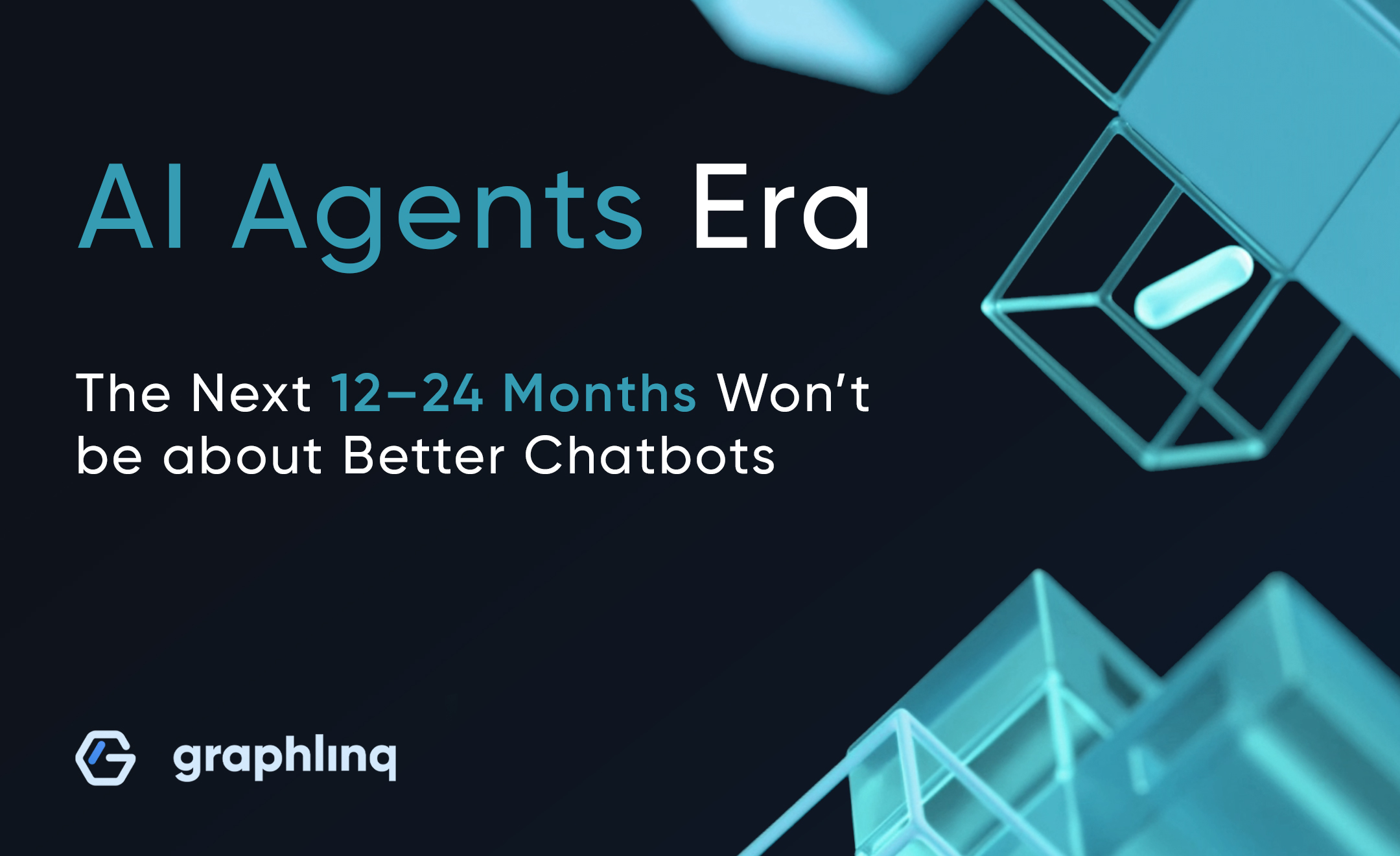
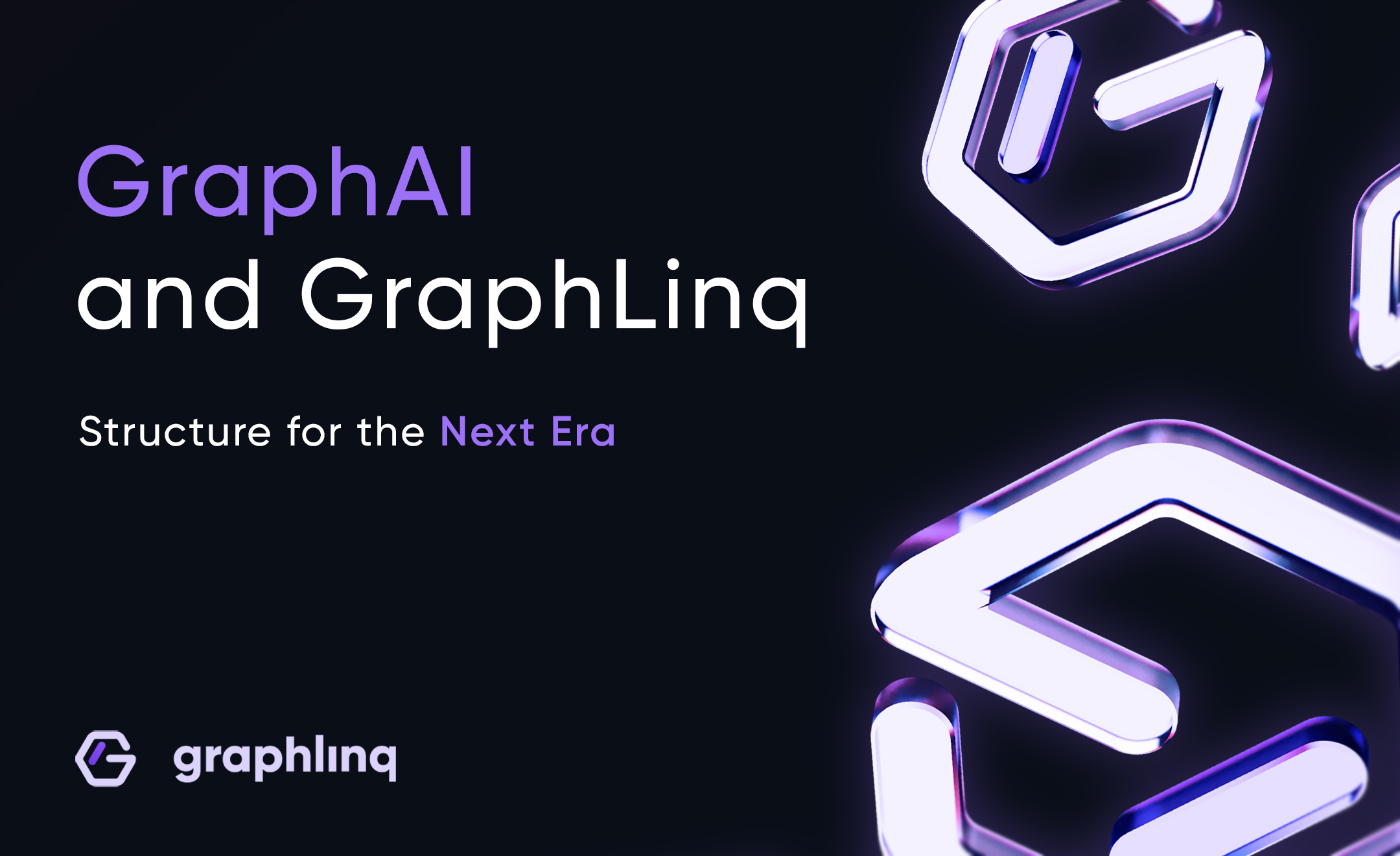
.jpg)
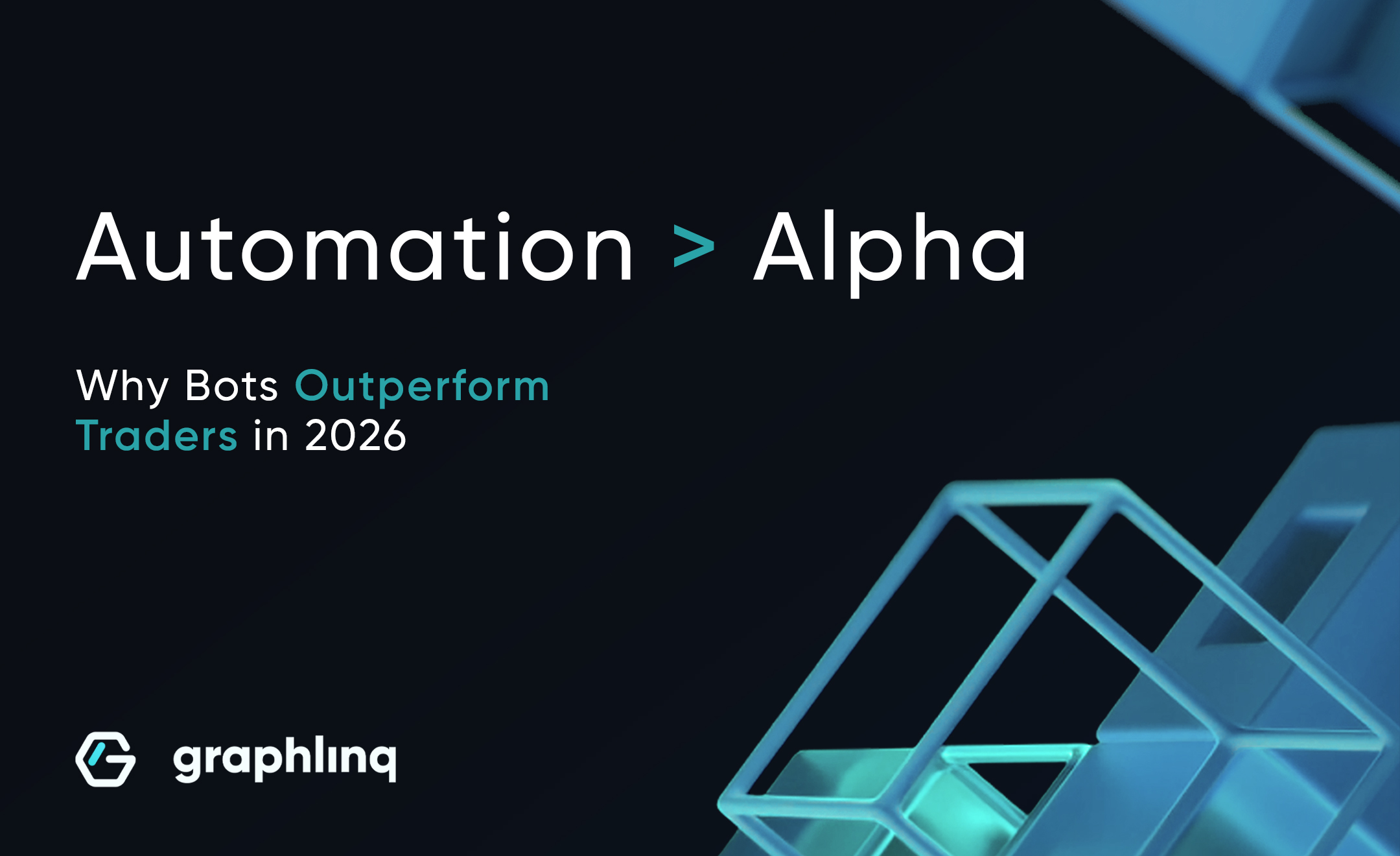
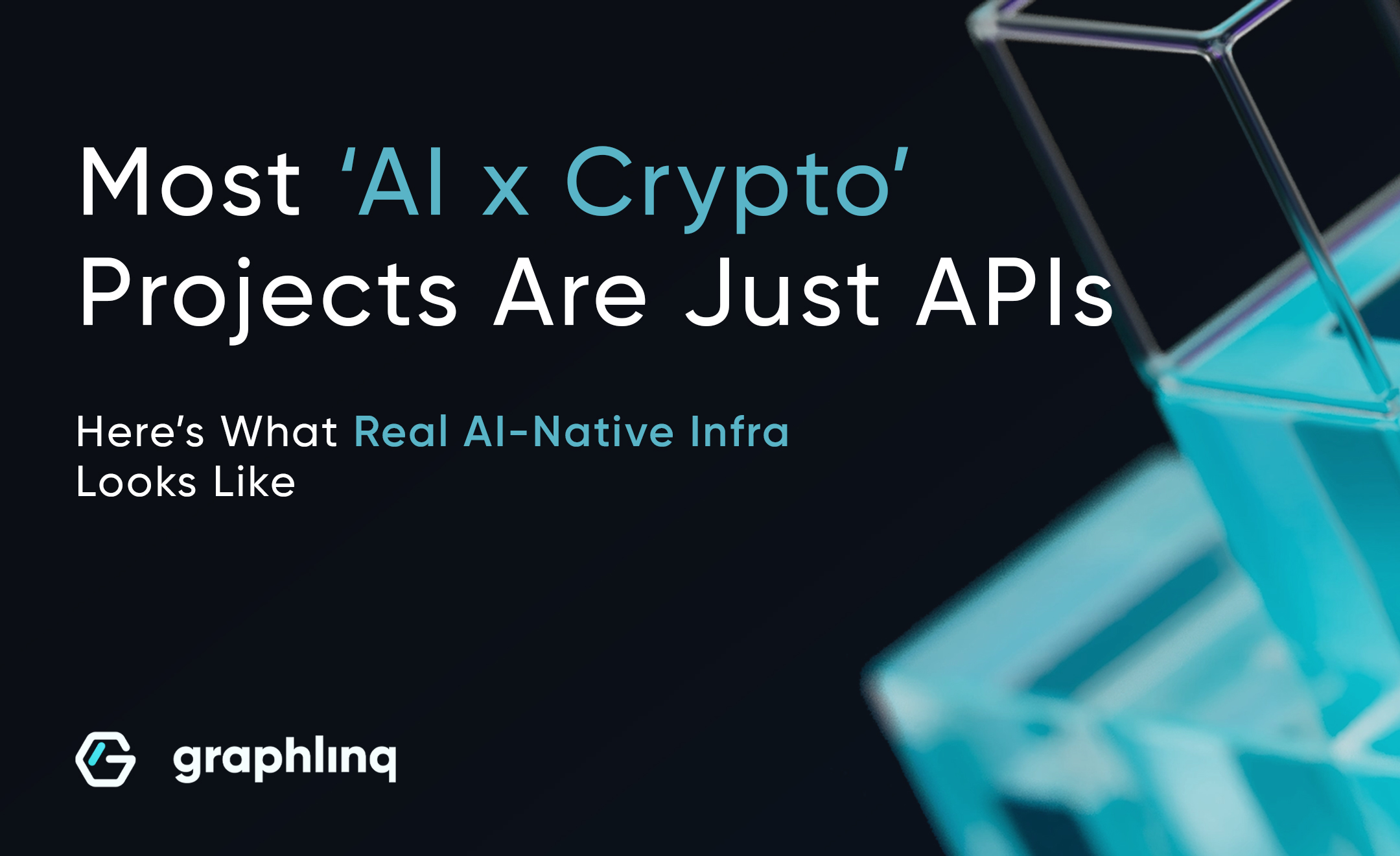
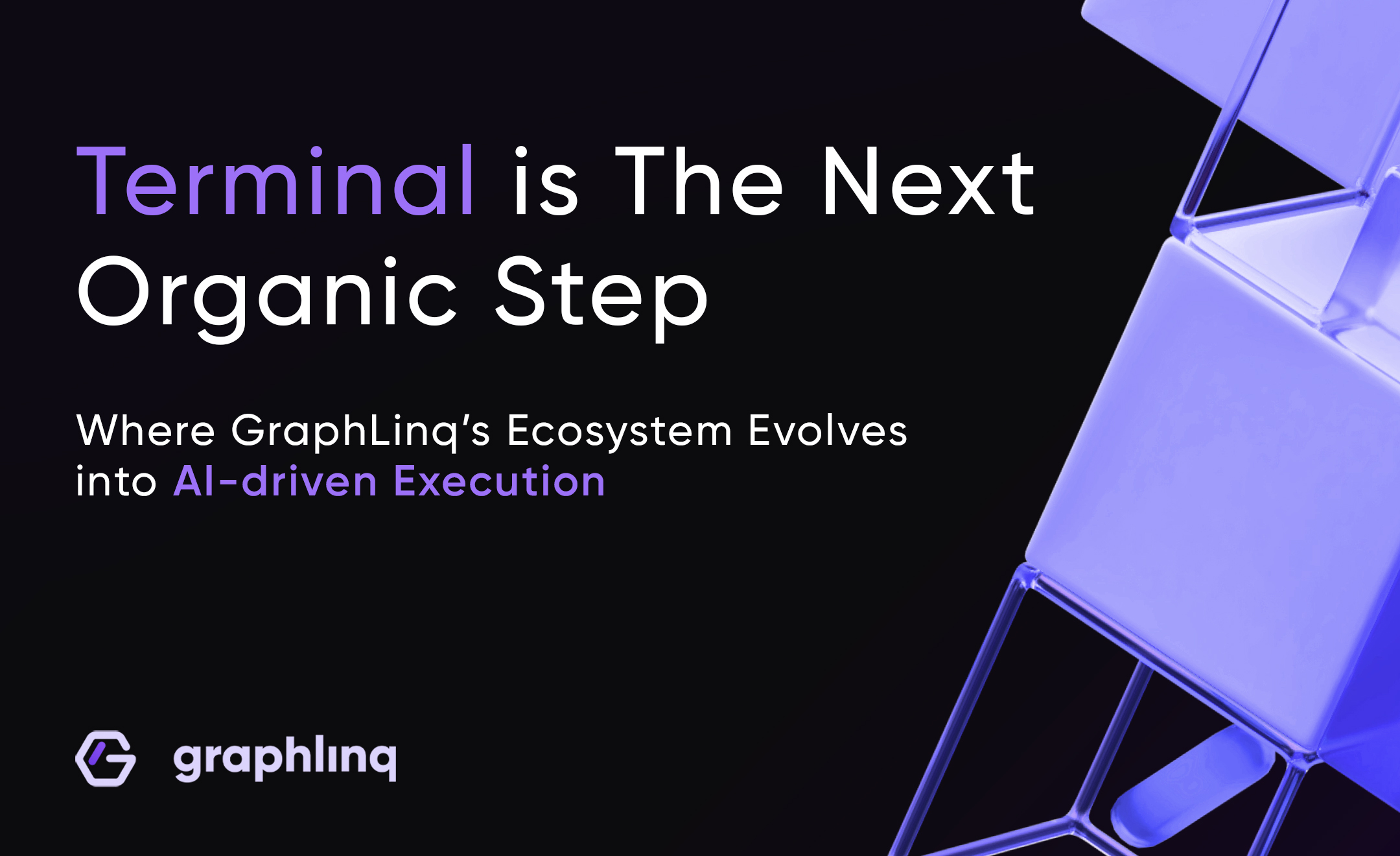
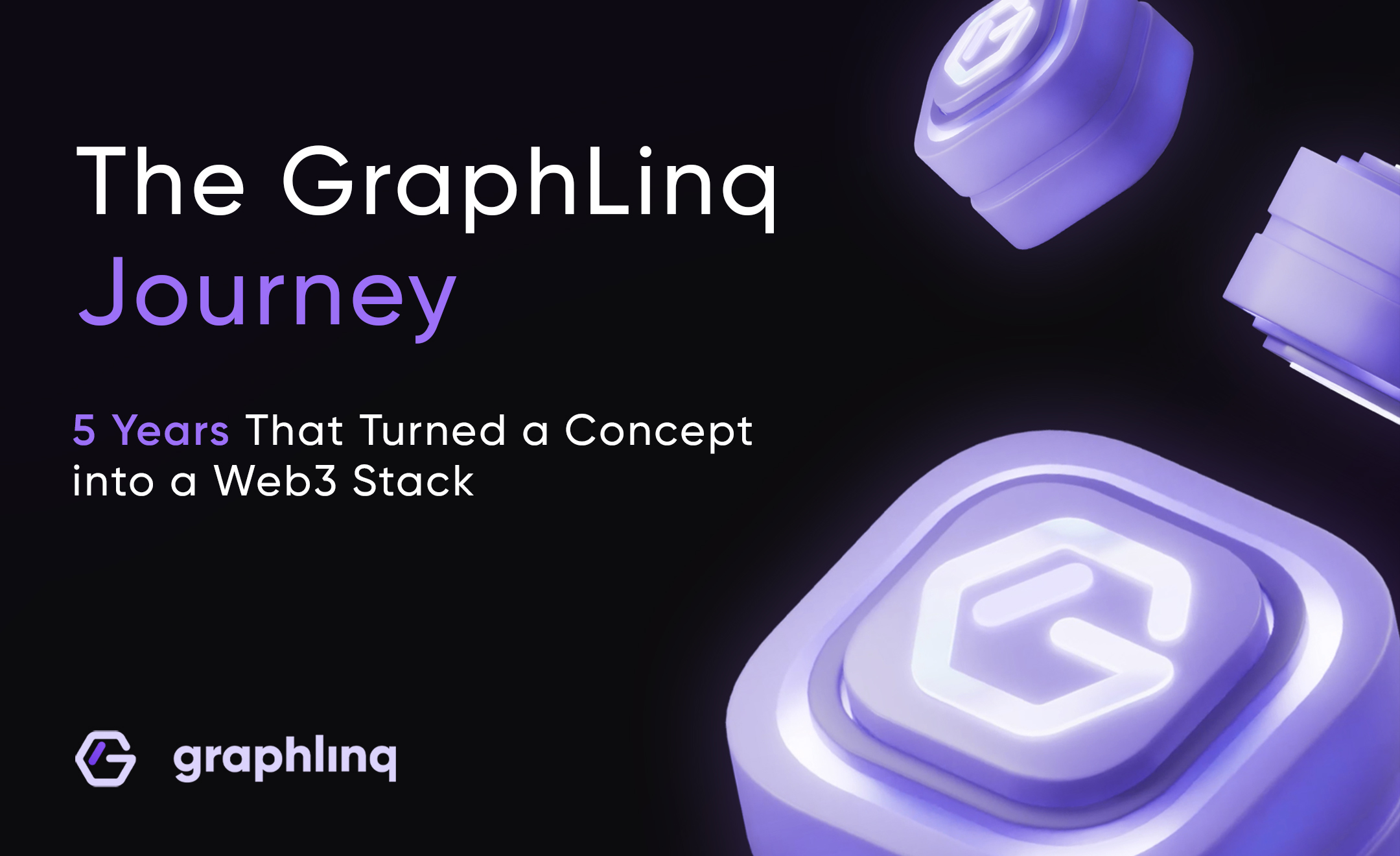

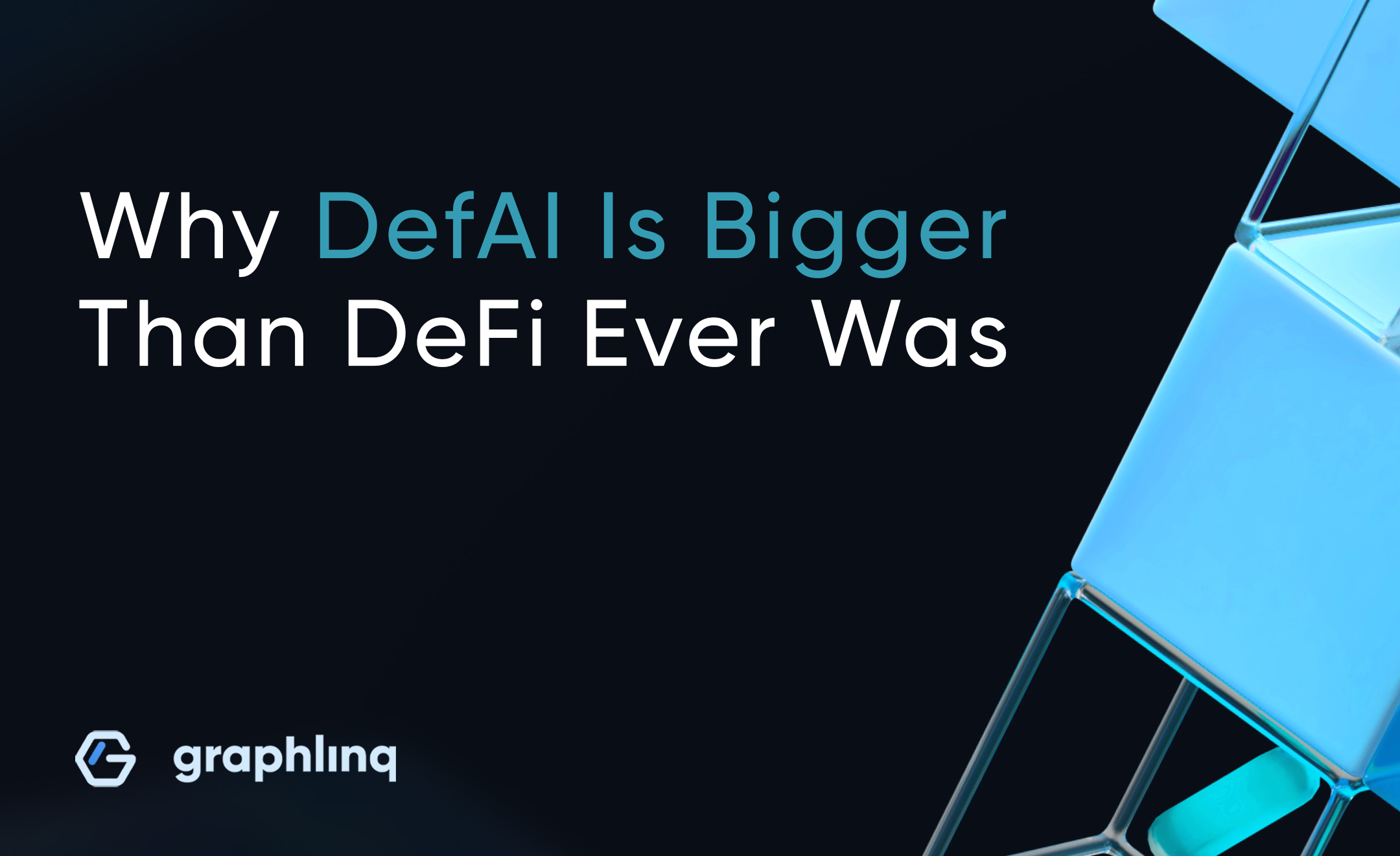

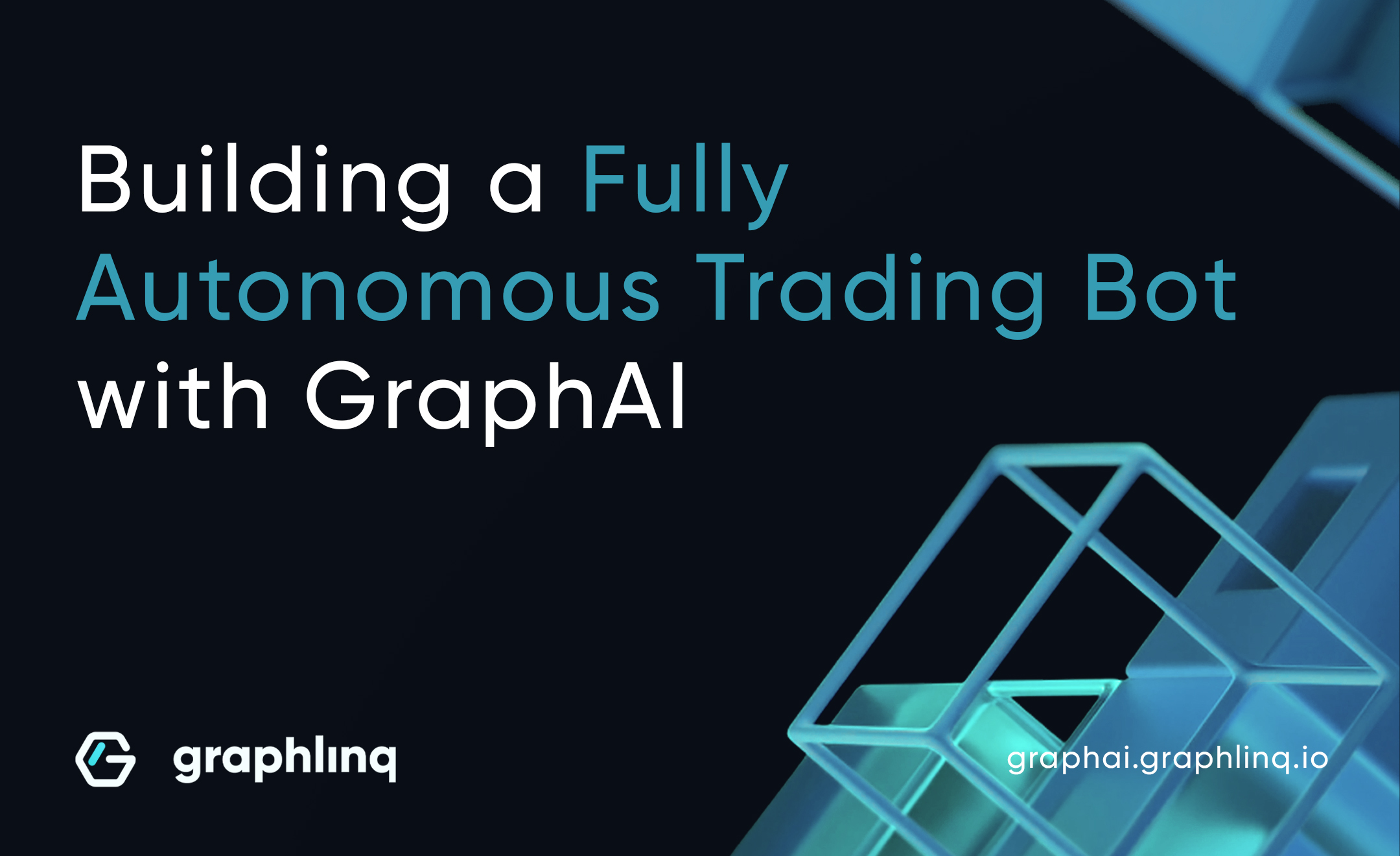
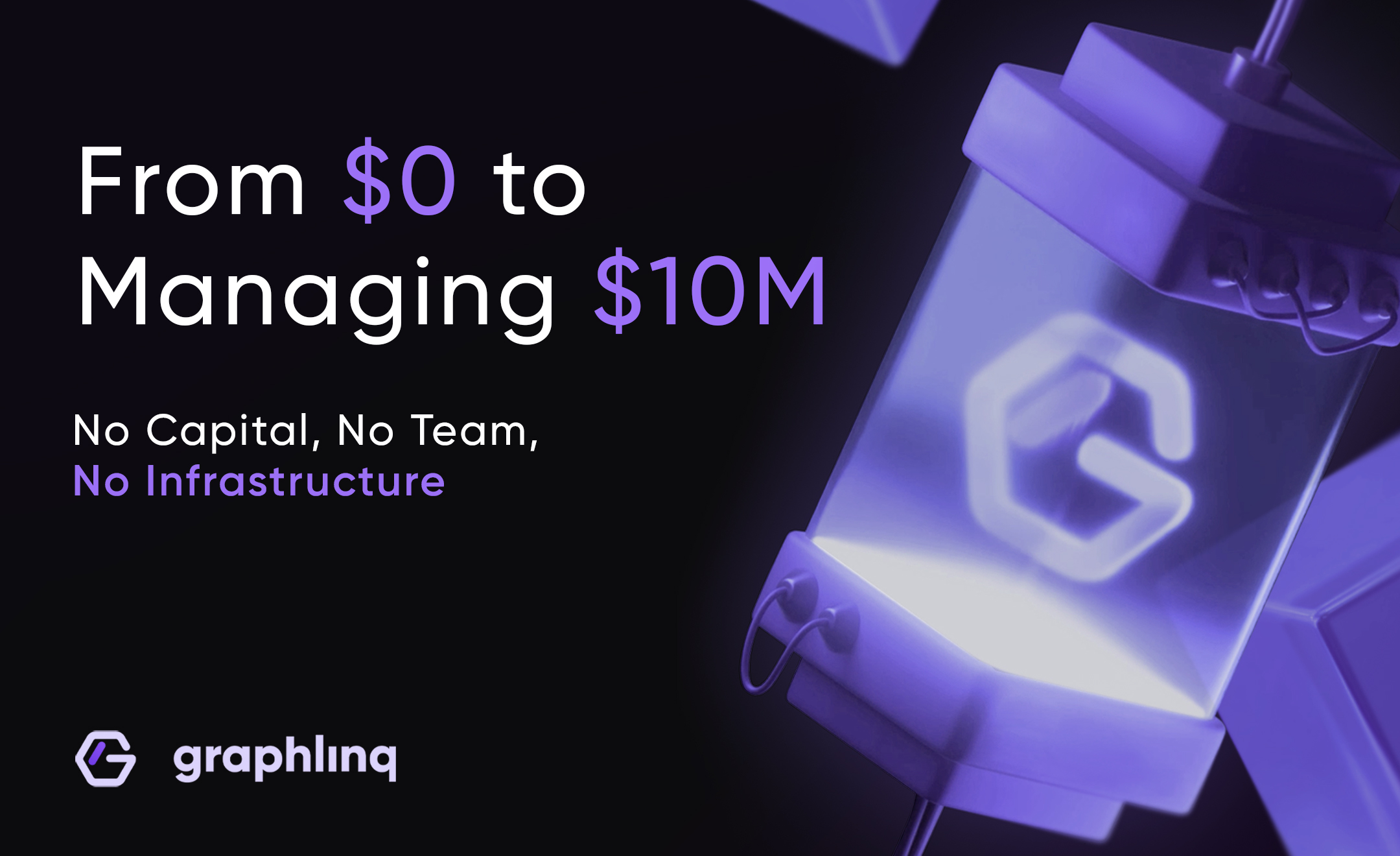


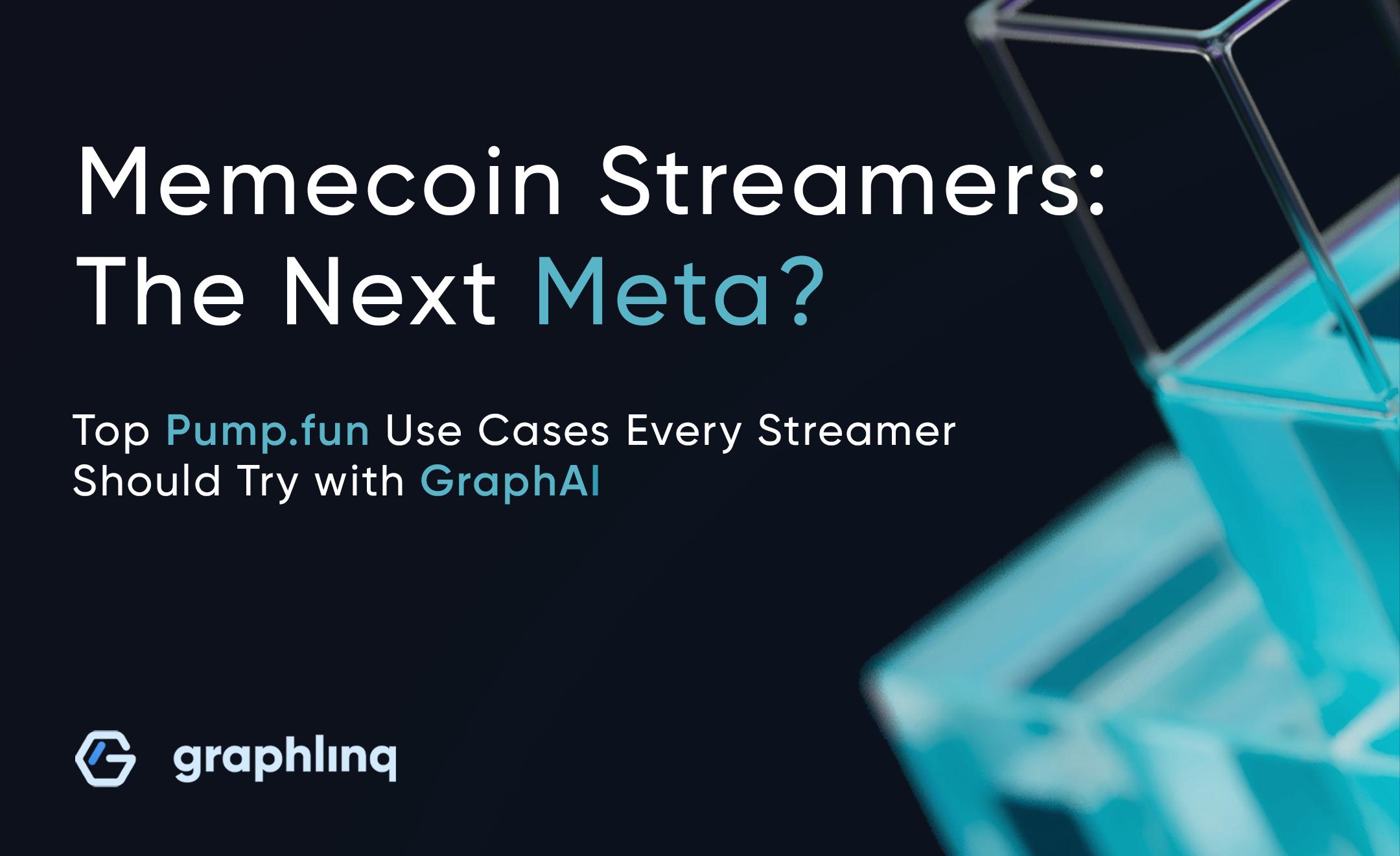
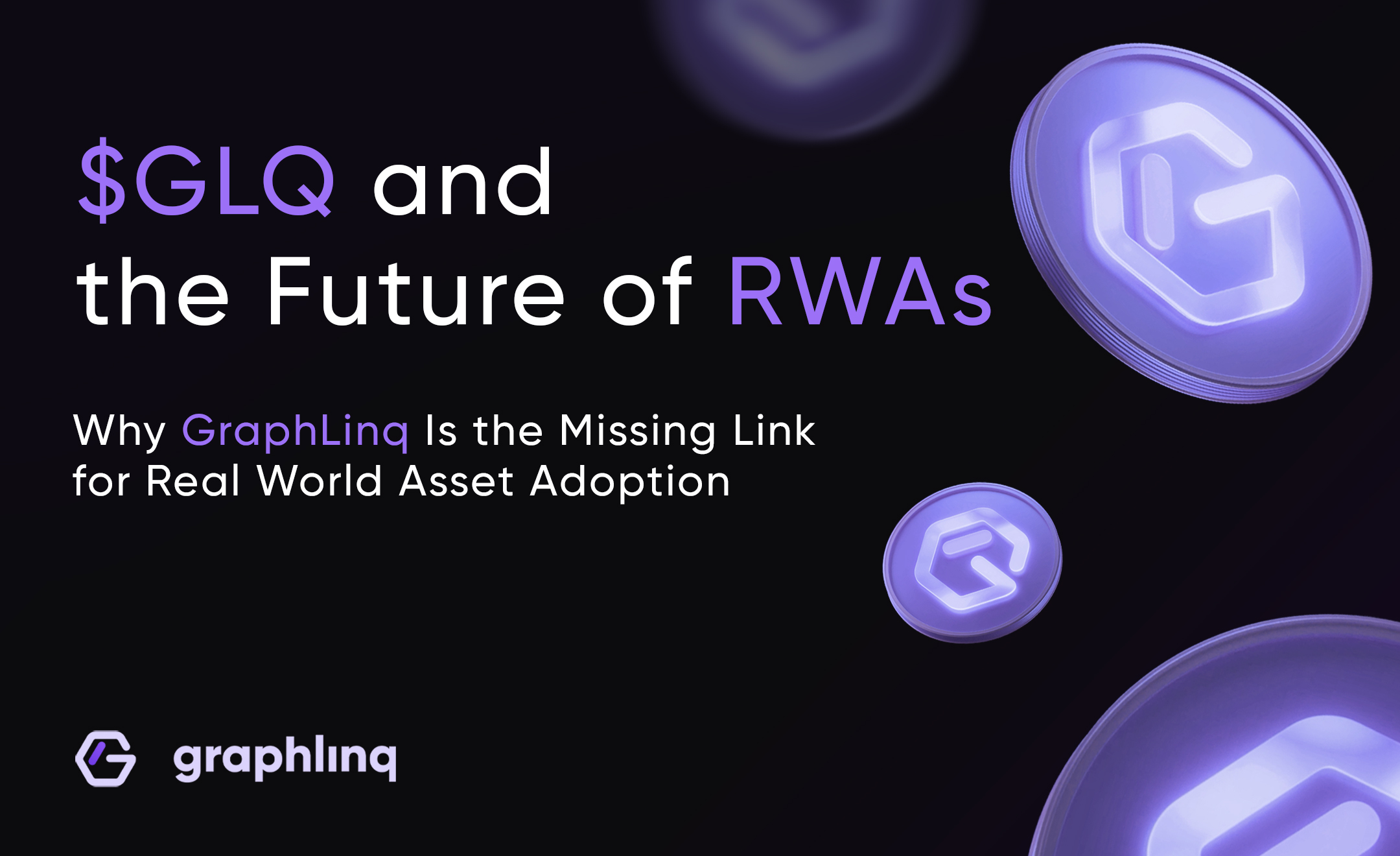
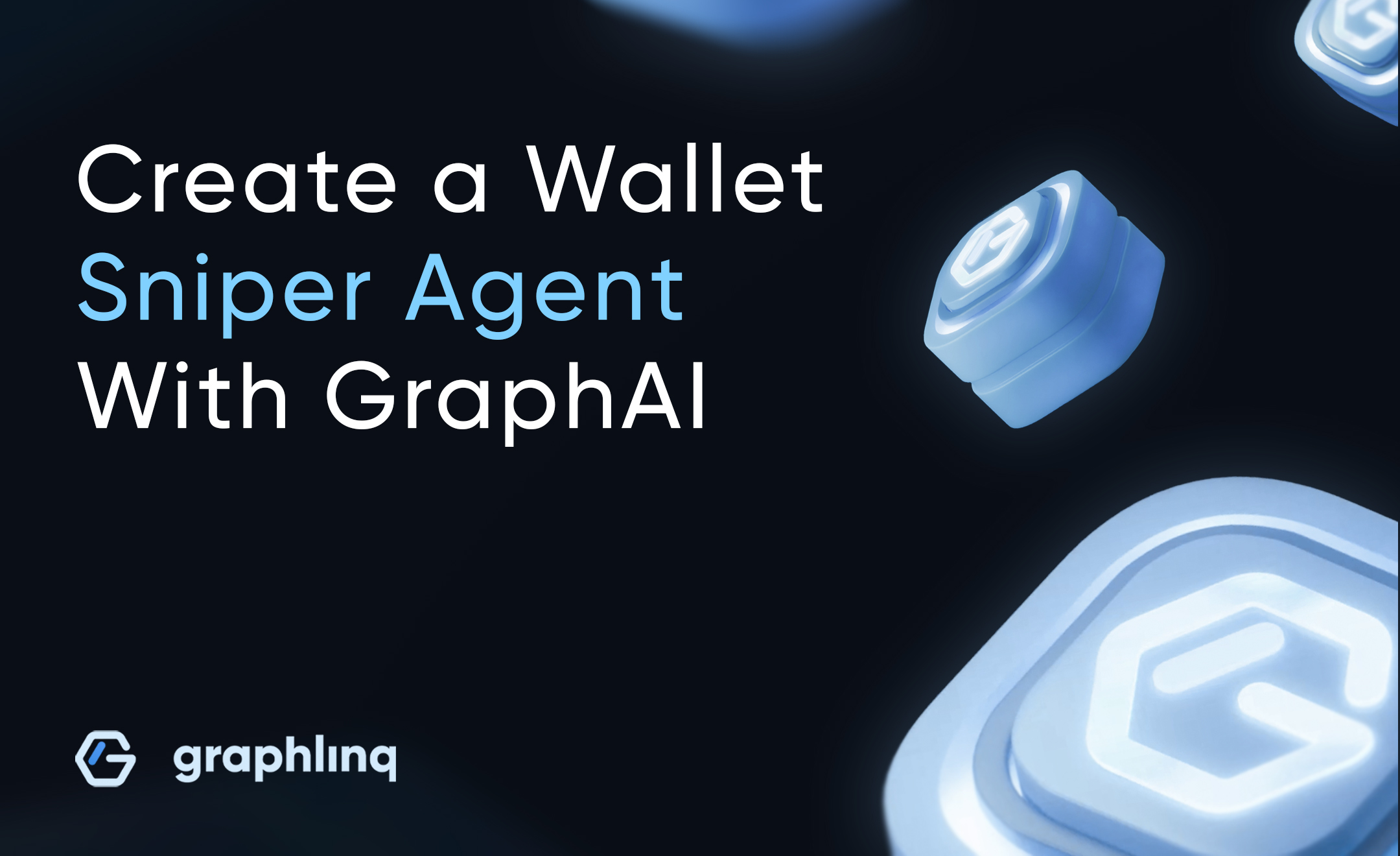

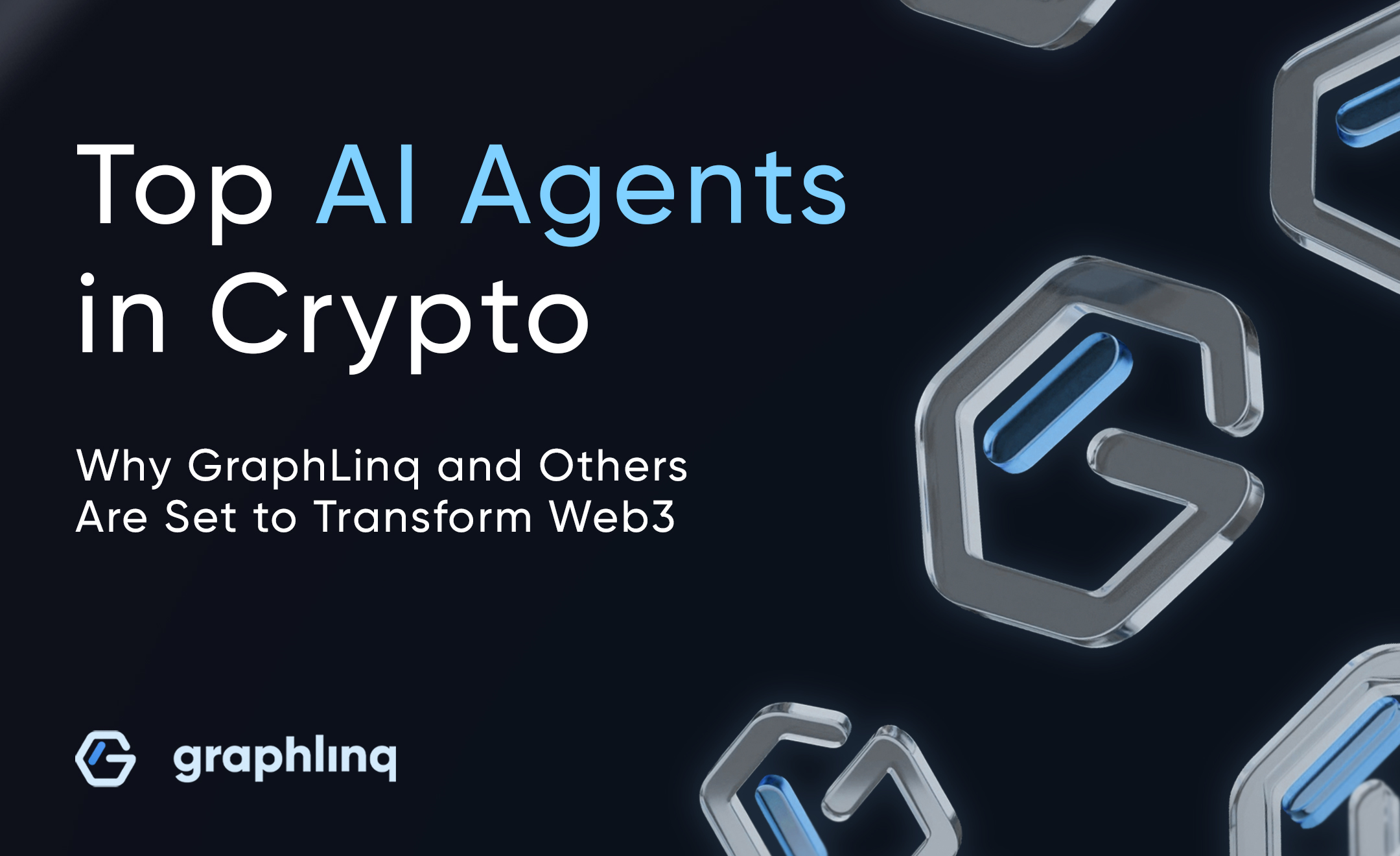
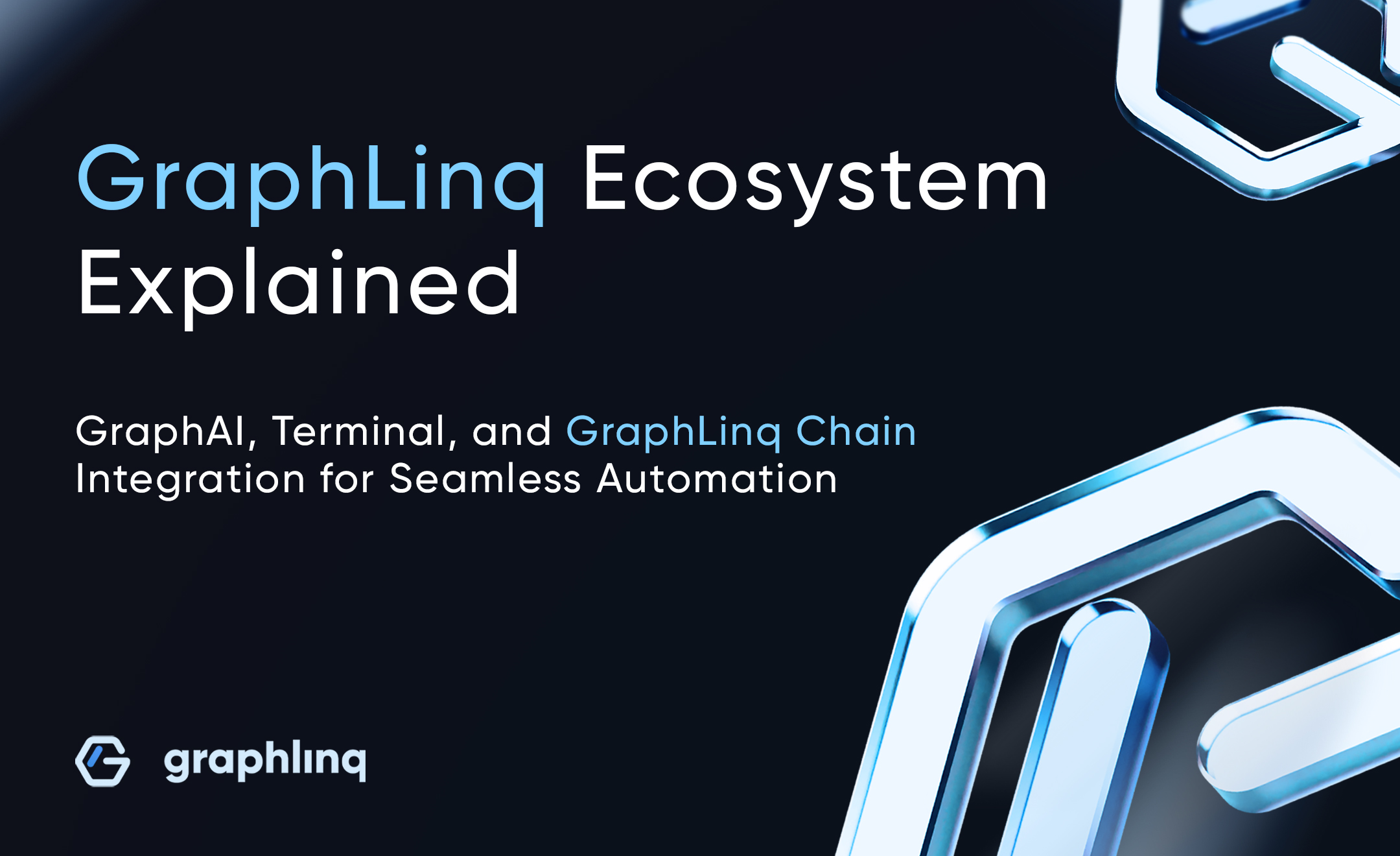
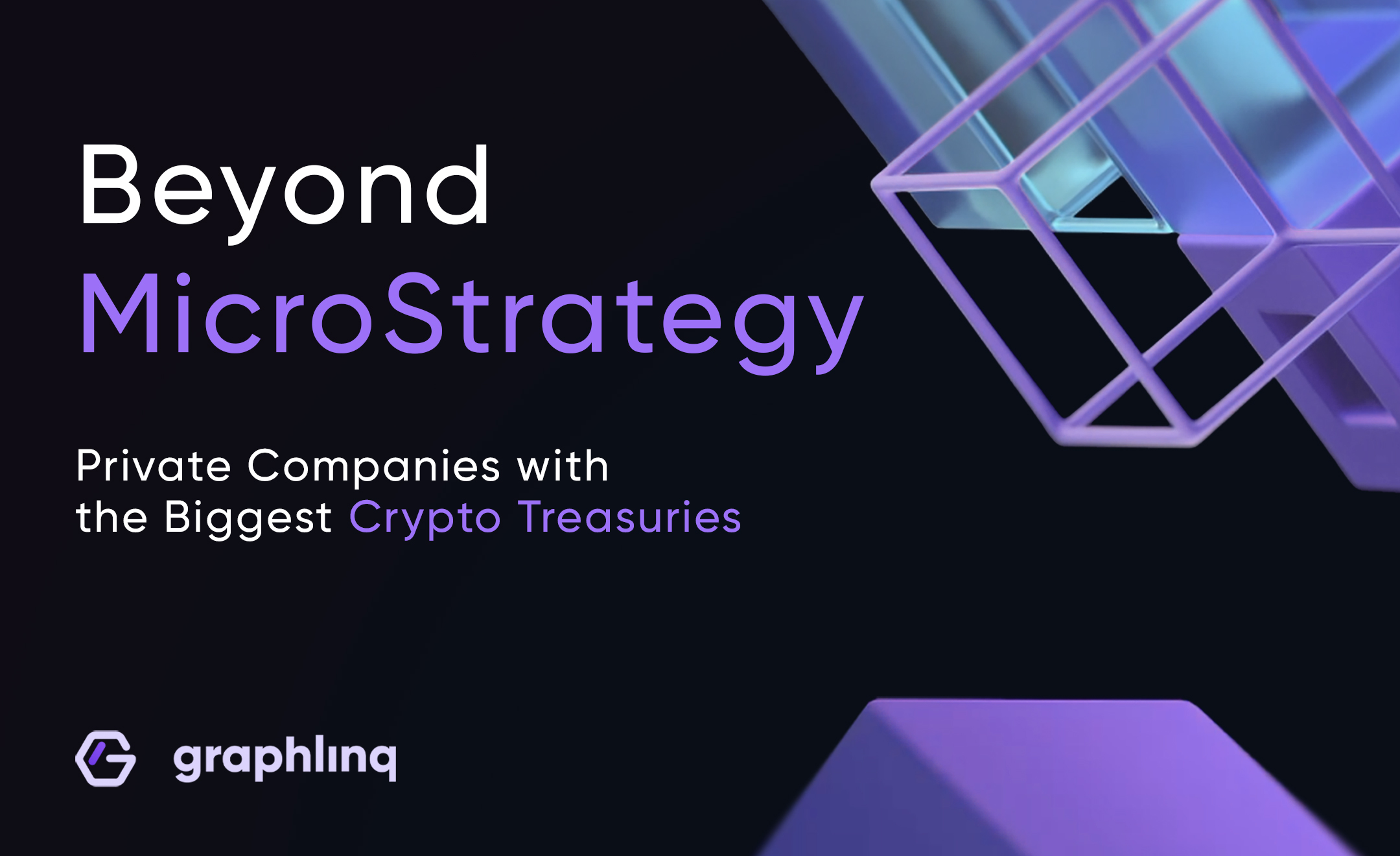
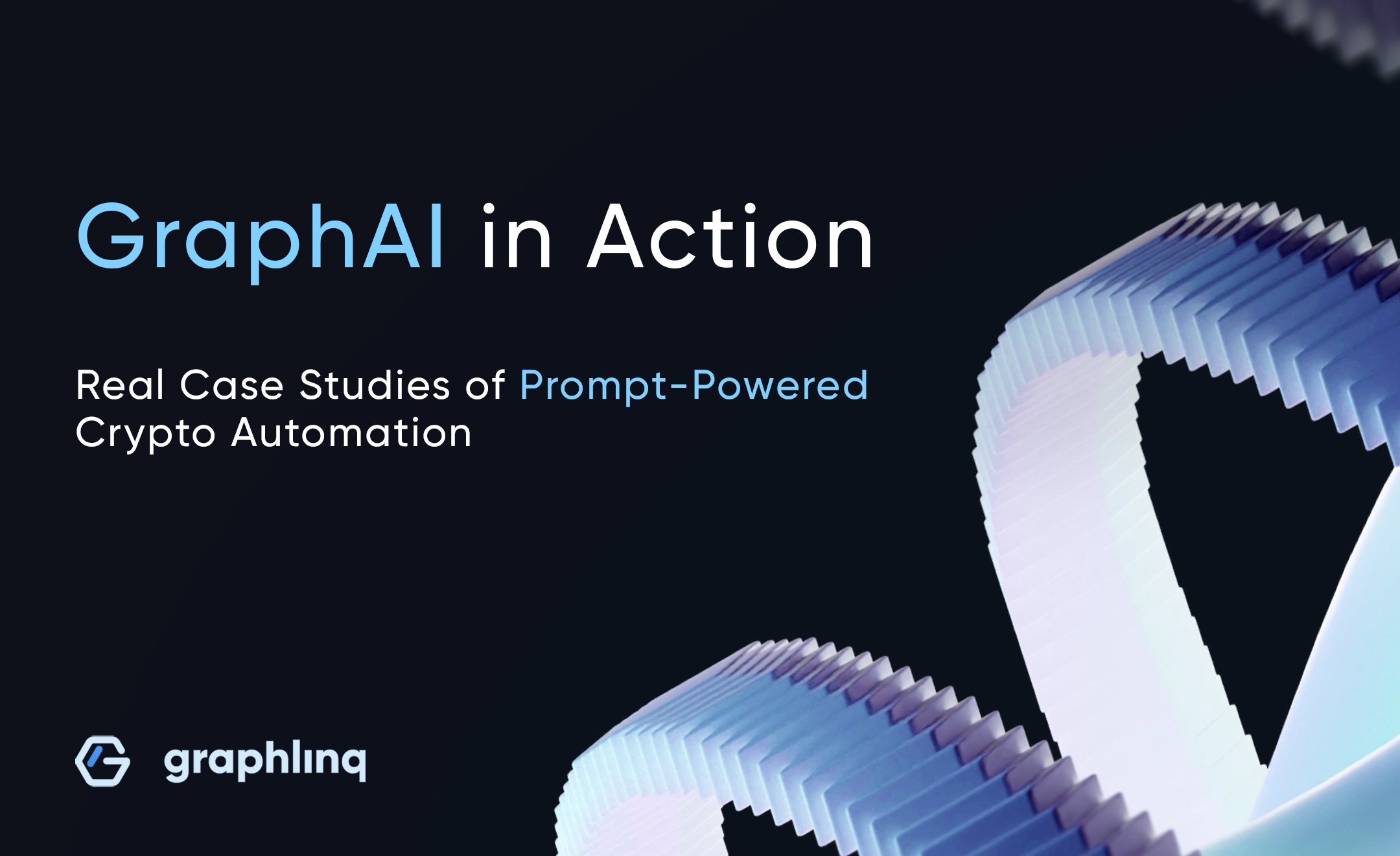






%20Do%20Bitcoin%20Cycles%20Still%20Work_.jpg)
%20What%E2%80%99s%20Next%20for%20Bitcoin%20in%202025_.jpg)



%20What%20Is%20a%20Crypto%20Swap.jpg)






























.jpg)
%20How%20to%20Find%20New%20Cryptocurrencies%20%20Worth%20Investing%20In.jpg)
%20Understanding%20Cryptocurrency.jpg)

.jpg)
A%20Comprehensive%20Guide%20to%20Altcoin%20Season.jpg)
%20cases%20and%20Future%20of%20Ai%20in%20Crypto.jpg)
%20How%20to%20Create%20Your%20Own%20MetaMask%20Wallet.jpg)
%20How%20to%20use%20your%20Crypto%20wallet%20safely.jpg)
What%20is%20a%20smart%20contract.jpg)
%20How%20to%20Protect%20Against%20Crypto%20Scams%20and%20Ponzi%20Schemes.jpg)









